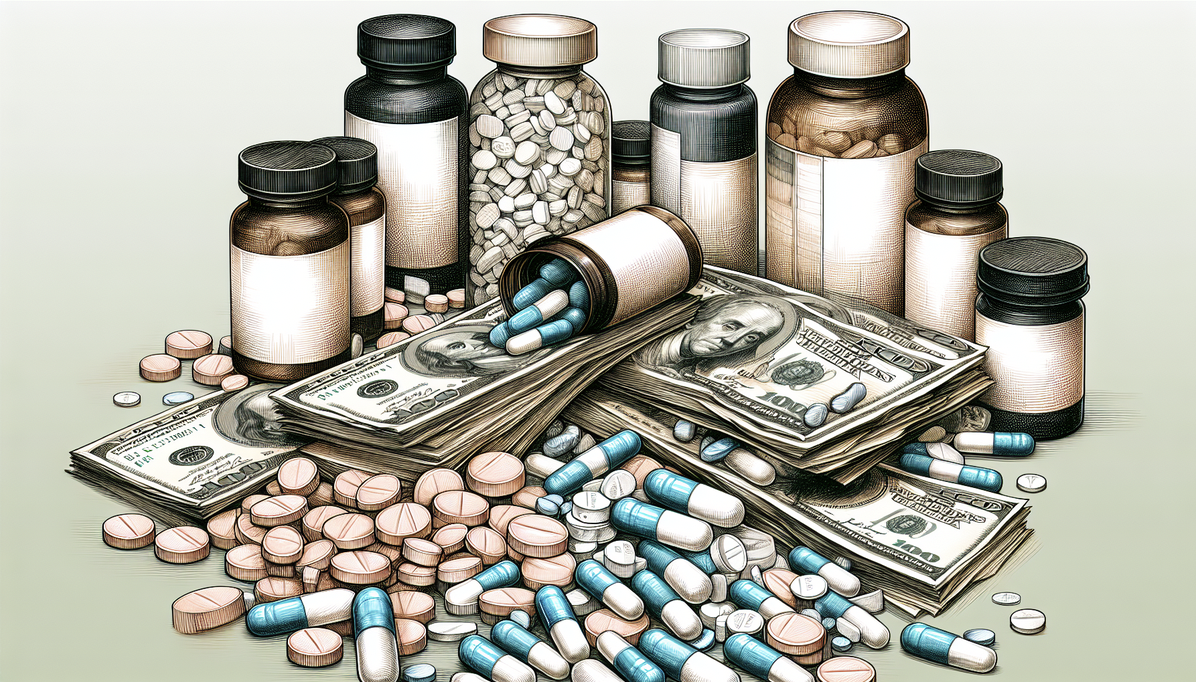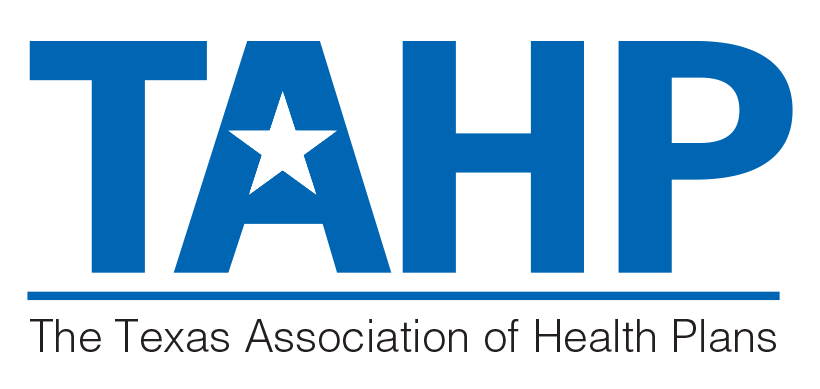
A Critical Gap: The Need for Stronger Health Care Fraud and Abuse Protections in Texas
Complete Coverage

By: TAHP | Thursday, April 4, 2024
Disturbing trend: The New York Times recently added to a series of reports unravelling the financial motives behind a disturbing trend of unnecessary and wasteful health care procedures including risky artery procedures and questionable infant tongue tie surgeries.
In context: Texas is tough on fraud, waste, and abuse within its Medicaid program, yet health care services covered by private health insurance —a sector where abuse is notably more rampant and costly—remains largely unprotected. It’s time for a policy shift to safeguard Texas employers and families from the high added costs of health care fraud and abuse.
Why It Matters:
- Prevalence of Fraud and Abuse: Health care fraud and abuse in the private market is 50% more prevalent than in Medicaid, with a staggering cost implication of $75 billion more annually.
- Private Market is Unprotected: Unlike Medicaid, the commercial insurance market lacks robust mechanisms for investigating and prosecuting abuse, leaving a significant gap in consumer protections.
- Direct Impact on Texas Employers and Families: Fraud and abuse in health care directly translates to higher premiums and out-of-pocket expenses, putting further pressure on access to affordable coverage for families and businesses.
Texas Faces a Growing Problem of Health care Fraud & Abuse:
- Inappropriate Care: Excessive medical care isn’t just about waste—it often misses the mark on safe and appropriate health care. Doctors indicate that as much as 30% of care is unnecessary, at least in part as a result of mixed up incentives for providers to bill for more and more services.
- The Cost of Waste and Abuse: The U.S. spends an estimated $935 billion on unnecessary services. Tackling fraud and abuse in private insurance is more than policy—it’s a critical step towards safeguarding health care affordability for Texans.
- Texas’s Troubling Trends: North Texas fraudulent lab billing schemes for tests that patients don’t need. Statewide kickbacks and prescriptions all point to a needed wake-up call against fraud in Texas.
Policy Recommendation: To curb the runaway costs of health care and protect consumers, Texas should extend the investigation and prosecution powers currently focused on Medicaid fraud to the commercial insurance market. This policy shift would not only deter fraudulent practices but also ensure that health care dollars are spent on necessary, evidence-based care.
What’s Next:
- Strengthen TDI’s Authority: Empower the Texas Department of Insurance (TDI) to prioritize and address abuse of health care services covered by private health insurance.
- Update Standards: Apply the same legal standards and penalties for abuse of health care services covered in the Medicaid program to the private health insurance market.
Conclusion: Health care spending has reached a breaking point. Tackling fraud, waste, and abuse can both deter more wasteful spending and root out bad actors. Texas can look to Medicaid protections as a path for better enforcement in the commercial insurance market. No one should have a free pass to commit fraud, waste, and abuse in Texas.
Stay updated on the latest TAHP news

Articles written by TAHP’s team of policy experts that examine the research, trends, and impact of the most important health care policy issues facing Texas and the country today.

Weekly news clips assembled by the TAHP team that highlight the top headlines from the health insurance and health care worlds, as well as important political updates.
